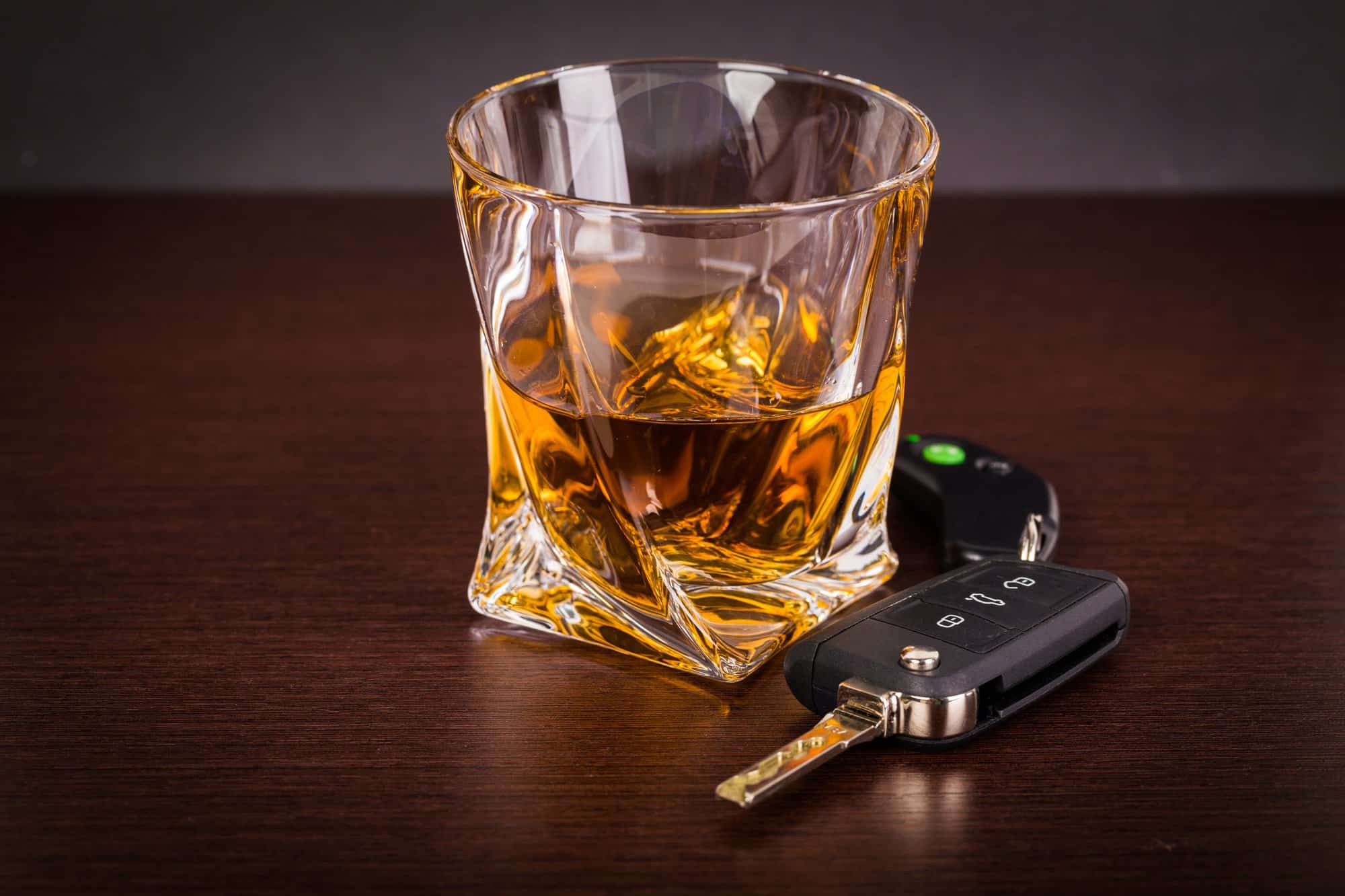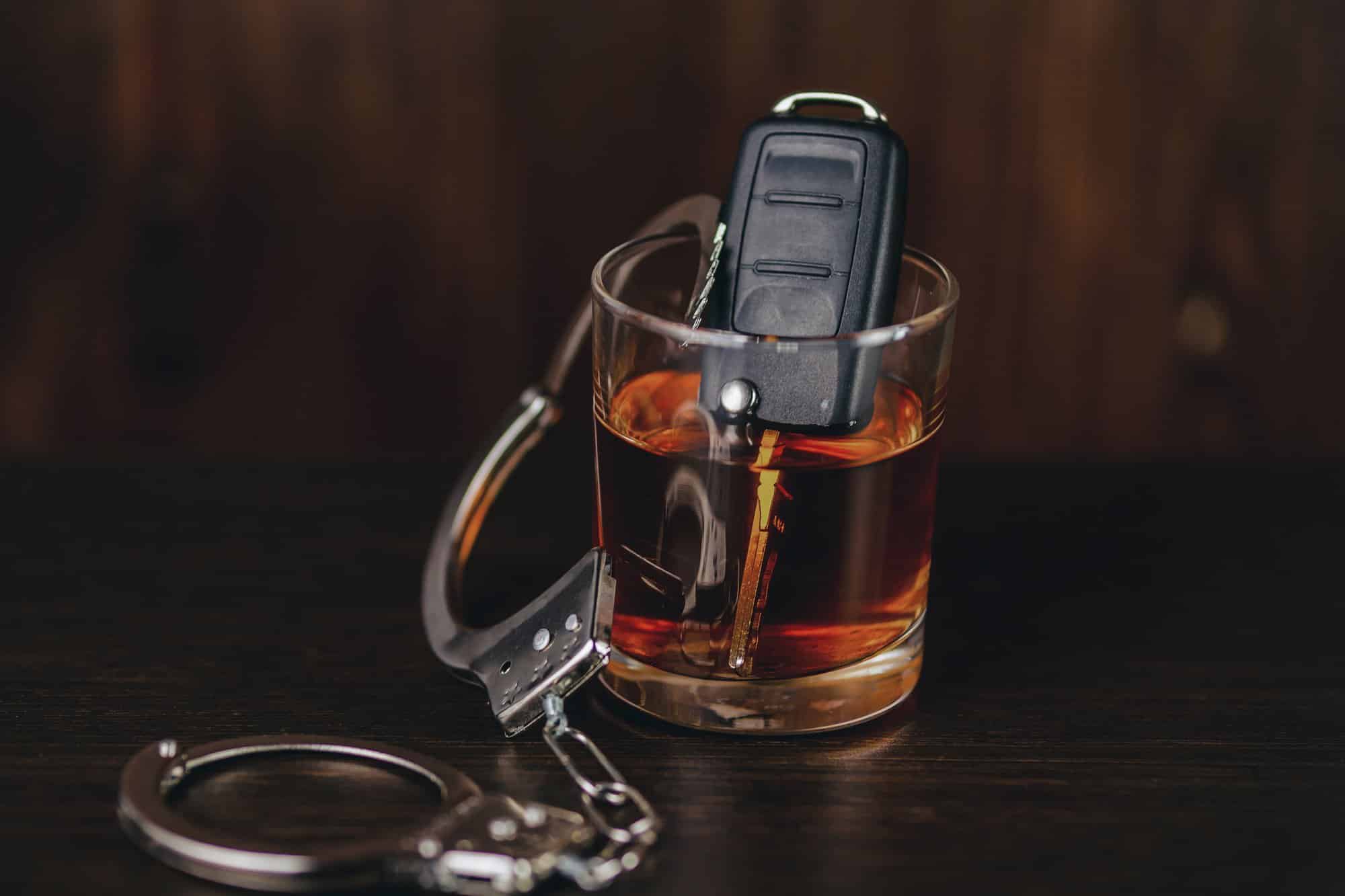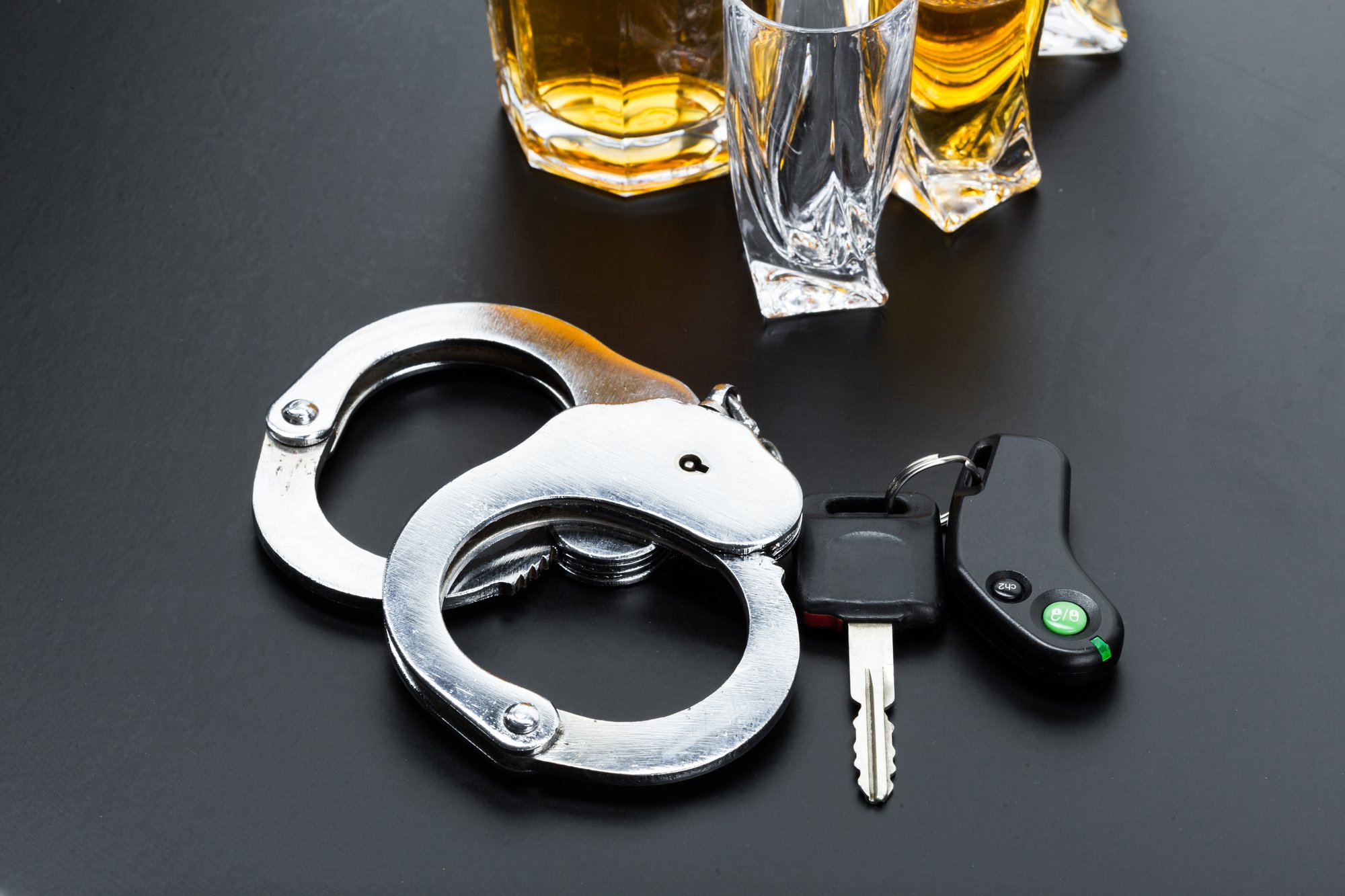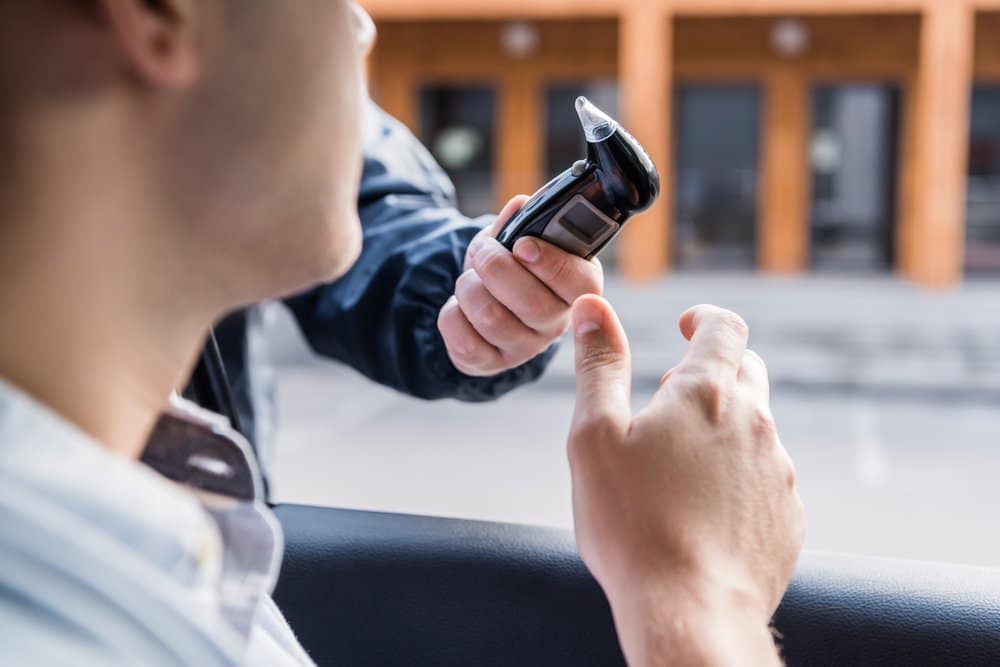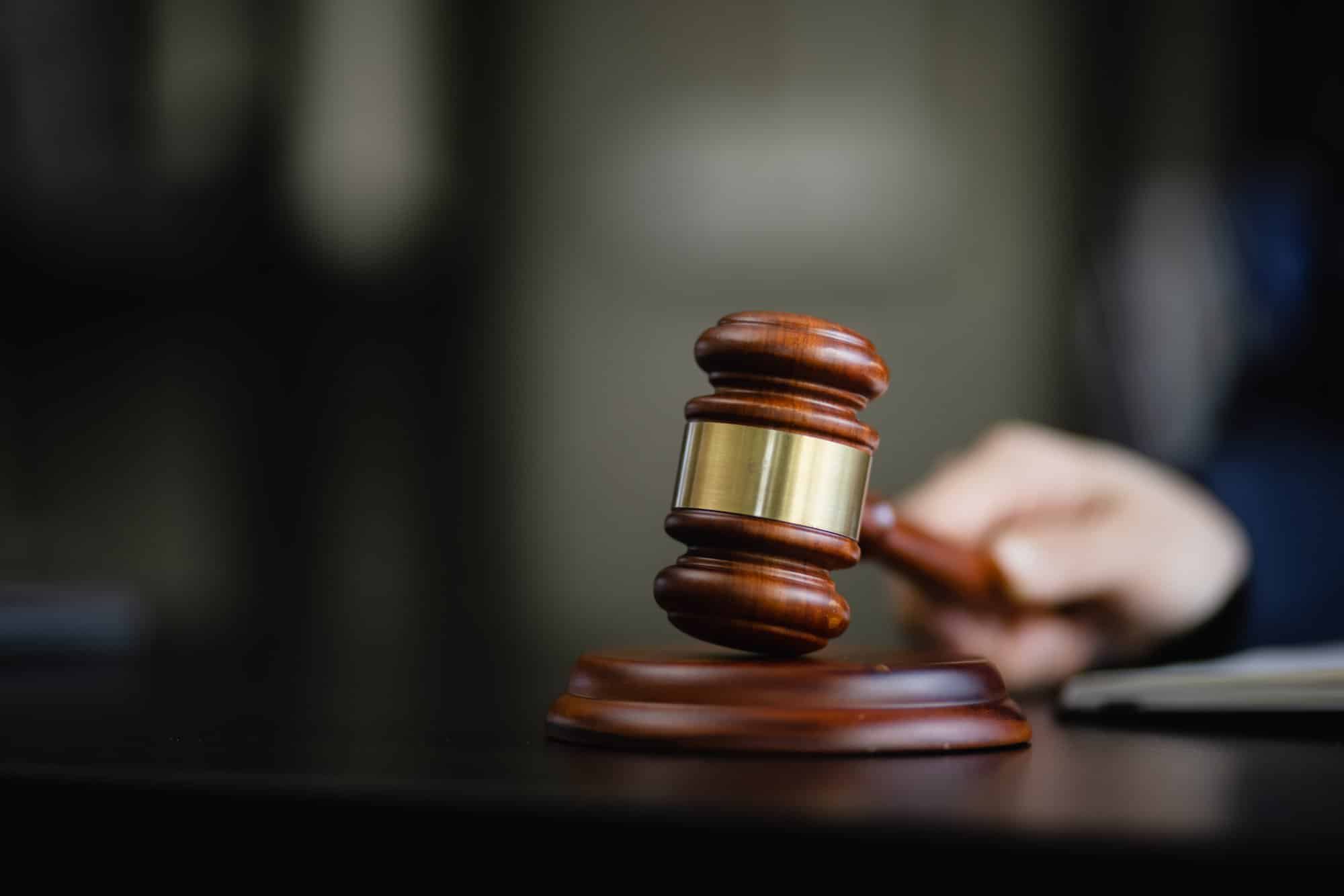If you’ve been charged with a crime, you need a solid defense. One of the tools your criminal defense attorney will use as part of your defense strategy is the filing of pre-trial motions. Depending on the facts and circumstances of your case, a pre-trial motion can result in getting the charges against you reduced — or your case may be thrown out entirely. It’s essential to have a basic understanding of what types of pre-trial motions can be filed and how these powerful tools are used in a criminal case.
What is the Purpose of Filing a Pre-Trial Motion?
Not every issue in a criminal case is heard at trial. A pre-trial motion is a request to the court to take a specific action based on the party’s argument as the case progresses. Pre-trial motions are typically in writing and can be made by either the prosecution or defense after the defendant’s arraignment, before the trial is held. When successful, a pre-trial motion can impact the outcome of a criminal case and sometimes result in a case being dismissed before it even reaches the trial stage.
Common Pre-Trial Motions
There are many different types of pre-trial motions that can be filed by a defendant during the course of a criminal case. If granted, some motions may prevent the prosecution from introducing certain evidence that could otherwise be used against a defendant. Others can emphasize the weaknesses in the prosecution’s case and can lead to a dismissal. Specifically, some of the most common types of pre-trial motions that can be filed include the following:
- Motion to Dismiss — The objective of this motion is to dismiss some or all of the charges brought against a defendant by the prosecution. These motions can be based on lack of sufficient evidence, a violation of a defendant’s Constitutional rights, or lack of probable cause.
- Motion to Suppress — These types of motions are usually filed by the defense to challenge the legality of the evidence collected. Grounds for filing such a motion can include disputing the validity of a search warrant, challenging probable cause, questioning the lawfulness of an arrest, or asserting another Constitutional violation.
- Discovery Motion — Both the prosecution and defense can request information needed to prepare for trial by filing a discovery motion. If either side fails to produce the discovery or answer fully, the side seeking the information can file a Motion to Compel.
- Motion to Change Venue — This motion requests that the trial be moved to a different location in order to ensure the defendant’s right to a fair trial. Such motions are usually filed when there is a concern that the current venue may not provide an impartial jury due to pretrial publicity.
- 30.30 Motion — Under Section 30.30 of New York Criminal Procedure Law, a criminal defendant is entitled to a speedy trial. While a defendant cannot be held indefinitely, a defense attorney can file a 30.30 motion if the prosecution cannot present their case within the required time frame for the offense.
A criminal conviction can result in a permanent criminal record, and impact all aspects of your daily life and livelihood. If you are facing criminal charges, it’s crucial to understand that the outcome can be determined long before trial — the pre-trial motions that are filed can make all the difference to your case. It’s important to have a knowledgeable criminal defense attorney by your side who is skillful in motion practice and will fight to protect your rights every step of the way.
Contact an Experienced New York Criminal Defense Attorney
If you’ve been accused of a crime, it’s vital to have a criminal defense attorney on your side to safeguard your rights. The criminal defense attorneys at D’Emilia Law provide aggressive representation to those who have been charged with criminal offenses and fight to obtain the best possible results in every case. To schedule a consultation, contact us at 1-888-DEMILIA.


